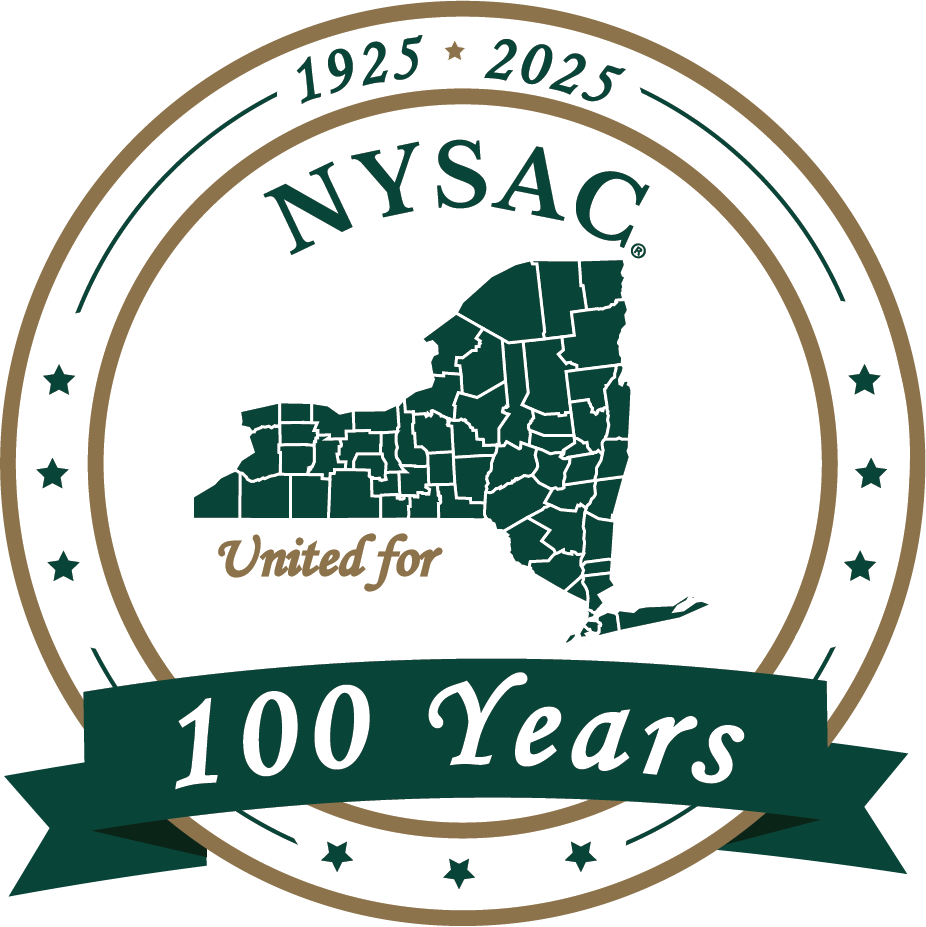Modernizing NY Civil Service Law
Counties all over New York are facing a hiring crisis. Even before the disruption of the Covid-19 pandemic, the public sector workforce had decreased by 4.5 percent (664,000 employees). Since the onset of the pandemic, the situation has gotten more challenging. The tight labor market has increased competition for workers across all sectors. As a result, local governments are increasingly being asked to do more with fewer staff, often scrambling to provide essential local services like public health, social safety net services and road maintenance.
Current restrictions by NYS Civil Service Law make it difficult for local governments to compete for scarce workers. Created in the 20th century, many of these laws have not been amended to keep up with the times. As society has advanced, our civil service laws are hamstringing our ability to meet the modern demands for hiring and onboarding new employees. There is little or no flexibility within the job duties of the classified position that an applicant has applied for. As a result, counties have many unfilled positions and are having trouble attracting candidates and hiring staff to carry out the business of serving New Yorkers at the local level.
Recommendations
The State Civil Services system needs to be updated and improved to help county governments compete with the private sector for employees. At the very least, we recommend the following changes to NYS Civil Service Laws to allow for greater local government flexibility and quicker response times for hiring needed employees. These are explained in greater detail below.
- Continuous Recruitment – allow local governments the option to hold examinations continuously for candidates to apply at any time to take recruitment examinations.
- Electronic Canvassing Process – allow email and phone contacts in lieu of mailing letters, which would create significant reduction in time for onboarding new employees.
- Standard Grading Metrics – the State should simplify grading metrics, making them more understandable and predictable.
- Licensed Occupation Local Approval – allow local governments to bypass exam or civil service requirements for positions that require already approved and obtained New York accredited licenses.
- Modernize Exam Content from the Field – industry professionals should be given the opportunity to provide input on the content of experience and multiple-choice exams specific to their industry.
Additional Background Information
Continuous Recruitment
Irregular exam schedules reduce the number of potential candidates, result in broken lists and titles for which there are no established lists, and create the need for organizations to hire provisionally. Offering tests on a continuous basis will increase test visibility for potential candidates and help provide more viable lists of potential staff.
Electronic Canvassing Process
The additional waiting time required to accommodate mailing multiple letters increases the time needed for the hiring process and slows down operations, leaving positions open longer than necessary.
Standard Grading Metrics
Candidates frequently take the same exam in multiple jurisdictions. The candidates taking the same exam can receive different scores in different jurisdictions, creating concern about the candidates’ actual training and experience. This causes unnecessary confusion among candidates and reduces confidence in test results.
Licensed Occupation Local Approval
Professions like engineers, nurses, medical examiners, social workers and attorneys already require licensing from the State of New York. Requiring an additional civil service exam or approval creates a redundant and time-consuming step that can result in lost hiring opportunities.
Modernize Exam Content from the Field
Test takers and employers frequently comment that the subject matter of multiple-choice exams is outdated and has little to do with assessing skills needed for the position. This is exacerbated in higher level exams as the subject matter becomes increasingly specific. Subject experts from the field should be regularly engaged to increase the relevance of the questions.
Contact Us
New York State Association of Counties
515 Broadway, Suite 402
Albany, NY 12207
Phone: (518) 465-1473
Fax: (518) 465-0506
